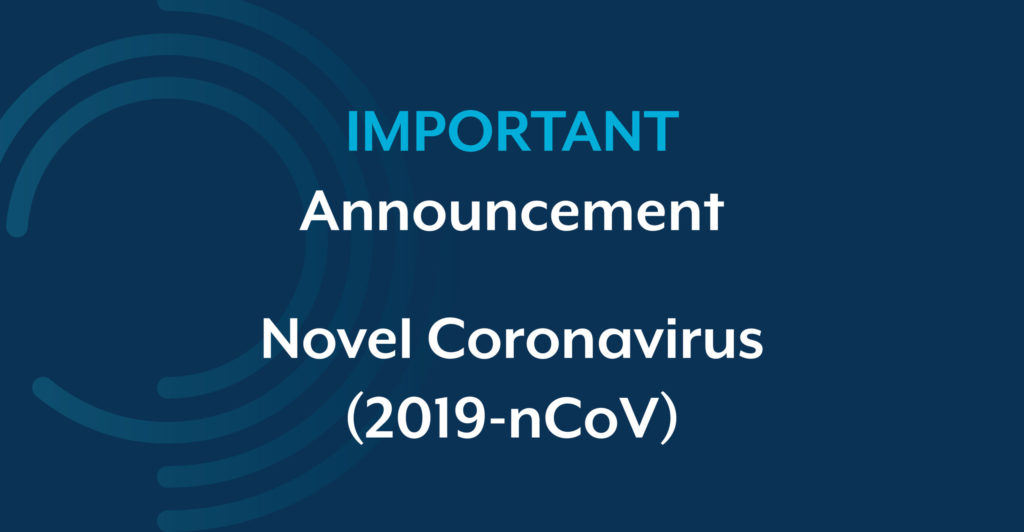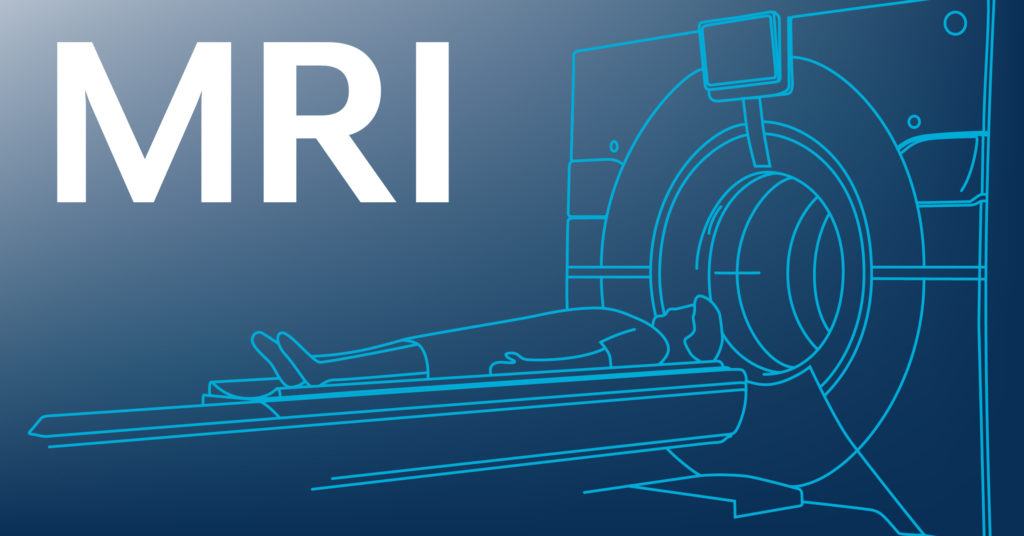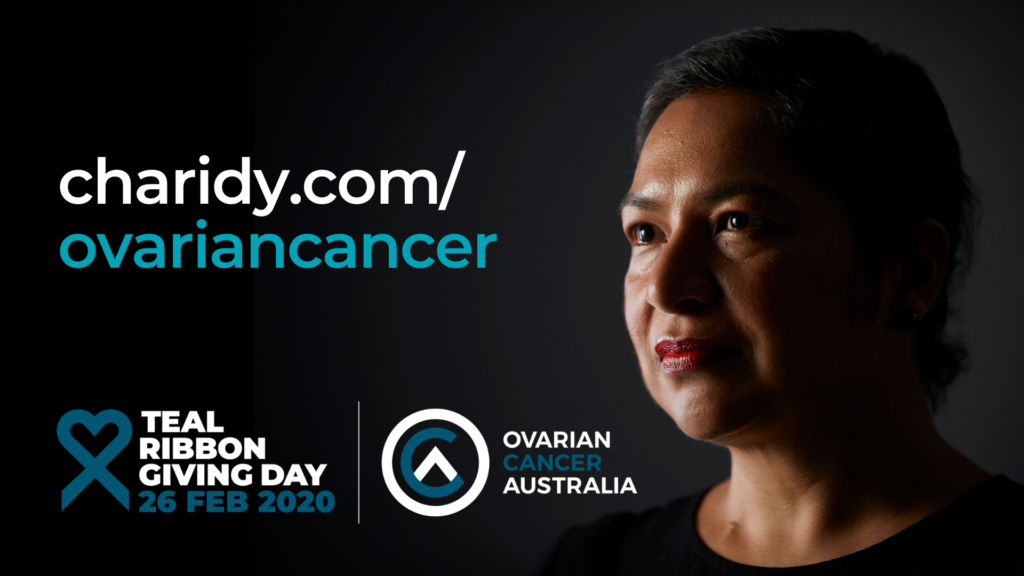Managing Partner, Synergy Radiology, Dr. Tej Dugal today announced – “All Synergy Radiology sites are open to support the health of the community in the face of this growing pandemic.
Dr. Dugal states, “As an integral part of the health services in Australia, we are committed to keeping our sites open to ensure we continue to provide high-quality healthcare to our patients.
“Our priority is also to minimise the exposure of patients, staff and radiologists and continue to run our sites with the full level of services on offer.
“We will continue to operate our sites to a high standard, increasing hygiene measures in accordance with the Department of Health guidelines. We are taking strict measures to protect and minimise the risk of an unexpected transmission to a patient whilst at our site. However, there may be the possibility with stringent controls put into place in the interest of safety, patients and referrers may experience increased throughput times and slight delays in results.
“Now is a time where we all must remain vigilant and stay informed of developments as they evolve. Our sites display clear signage at the front windows, indicating that patients who meet the clinical and epidemiological criteria for COVID-19 refrain from entering the site.”
Patients that are either a confirmed case or meet the clinical and epidemiological criteria for COVID-19 and are a suspect case will be redirected to the appropriate public health testing facility from our practice.
We urge all patients to contact us on (02) 8881 3888 with any questions.
MEDIA ENQUIRIES: Elise Turner (02)9466 5904




